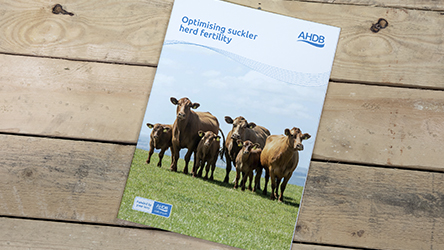- Home
- Knowledge library
- Suckler Cow Efficiency, Profitability and Sustainability
Suckler Cow Efficiency, Profitability and Sustainability
Summary
The outputs of this research will support farmer decision making to improve their on-farm practices. It gathers and provides insights and robust evidence to support and protect the reputation of the beef sector, and provides a clear summary of the evidence gaps remaining that require further research.
This report was commissioned in response to the challenges facing the UK suckler beef sector. Rising input costs are putting increased pressure on profitability, while farmers are under pressure to reduce their environmental impact.
This project used a rapid evidence assessment (REA) approach to determine suckler cow productivity, profitability and environmental impacts of several practices. An REA is a method of quickly collating and analysing the evidence base on a particular subject. The impact of each practice was considered on productivity metrics (no. calves weaned, average weaning weight, etc.), profitability metrics (added value, reduced inputs, etc.) and environmental metrics (GHG emissions, air and water quality, soil health and biodiversity).
In total, 16 practices were identified and assessed, across four categories: genetics and breeding, calving and fertility, feed, and management. For practices where sufficient evidence was identified, a narrative summary was produced, summarising the impacts across the main metrics, and presenting information on what the practice is, what best practice looks like, where it is most applicable and how robust the evidence base is. For practices where there was limited evidence, a brief discussion was provided, summarising what the practice is, what the evidence gaps are and how they might be filled.
Downloads
61100049 Suckler Beef Productivity REA Final Report 03022023 Factors Affecting Suckler Cow Efficiency EVIDENCE GAPS FINALAbout this project
Aim: To determine what practices are effective for improving the productivity, profitability and environmental sustainability of suckler cow production, both at industry and farm level.
The main objectives of the project are to:
- Identify and provide evidence on how a range of practices can increase productivity, profitability and environmental sustainability of suckler cow production.
- Present that evidence in a format that is accessible to farmers
- Identify gaps in the evidence and future technologies that would support future improvements in the suckler cow sector.
Related resources

Suckler cow nutrition pre-calving stage 1
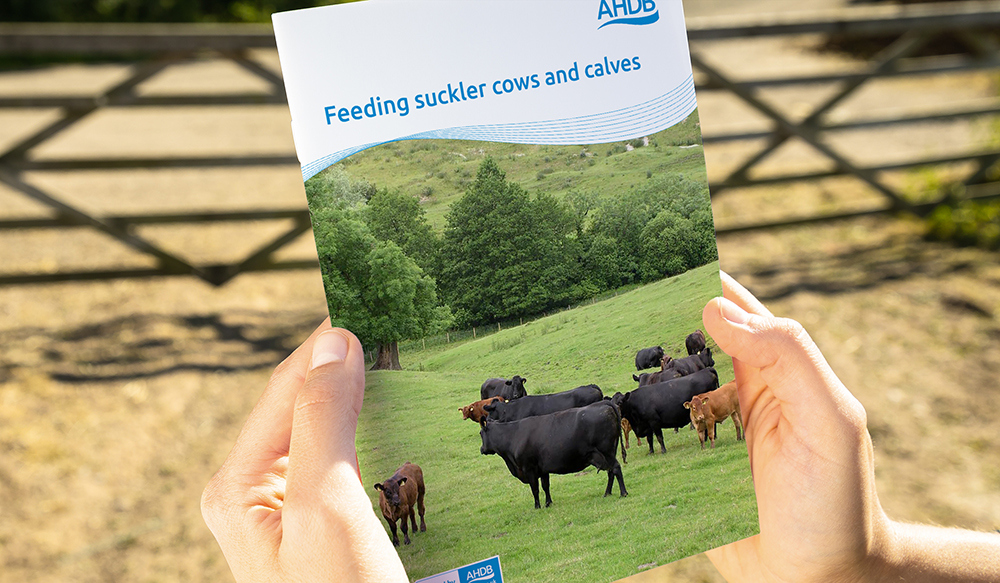
Feeding suckler cows and calves
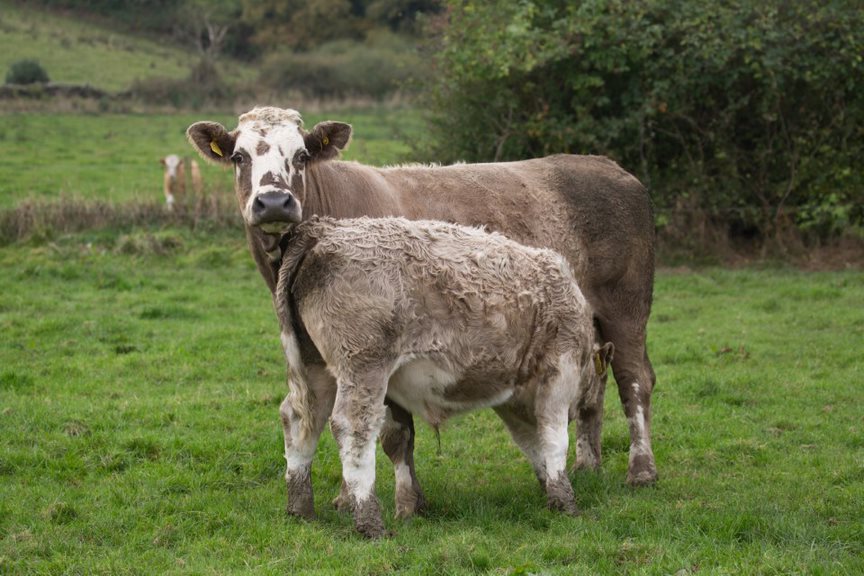
An introduction to Maternal Matters: managing suckler cows
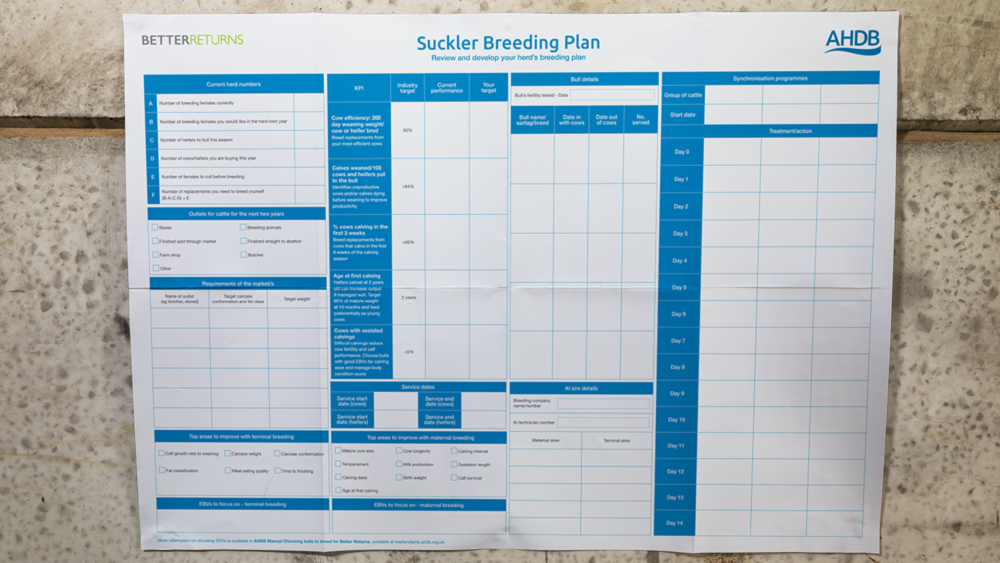
Suckler Breeding Plan for Better Returns
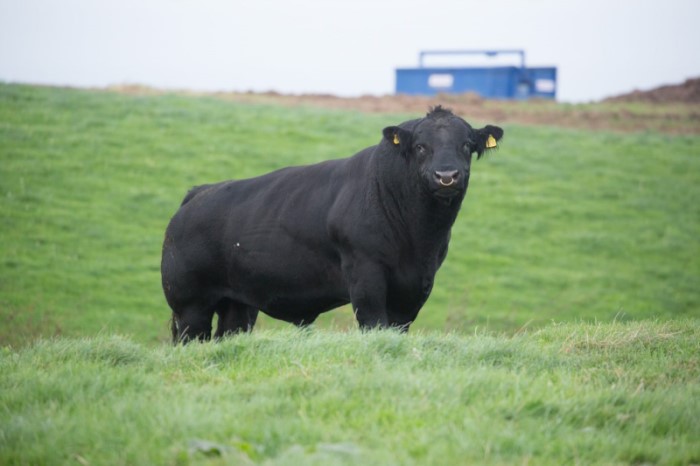
Maternal Matters: Creating and using a suckler breeding plan
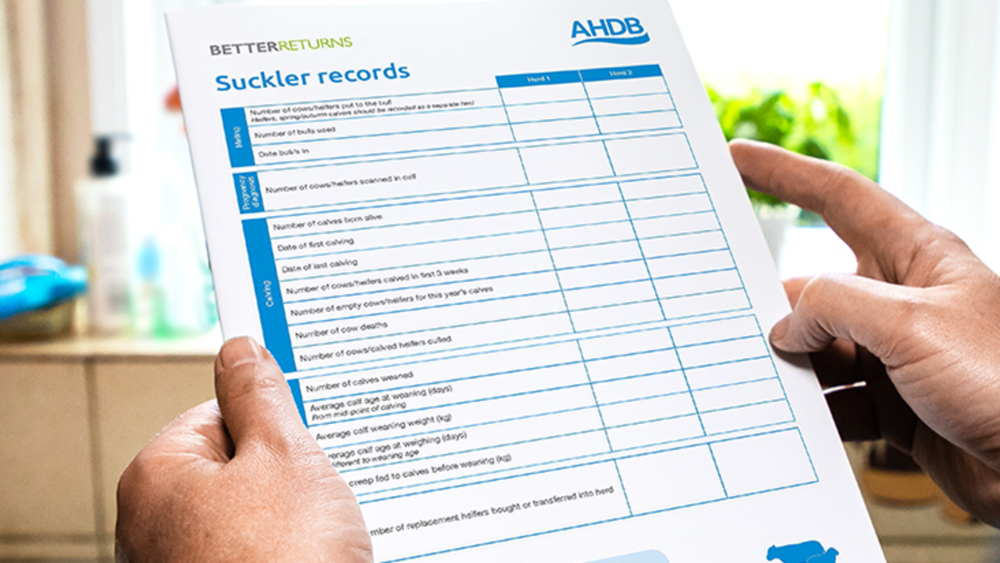
Suckler records for Better Returns
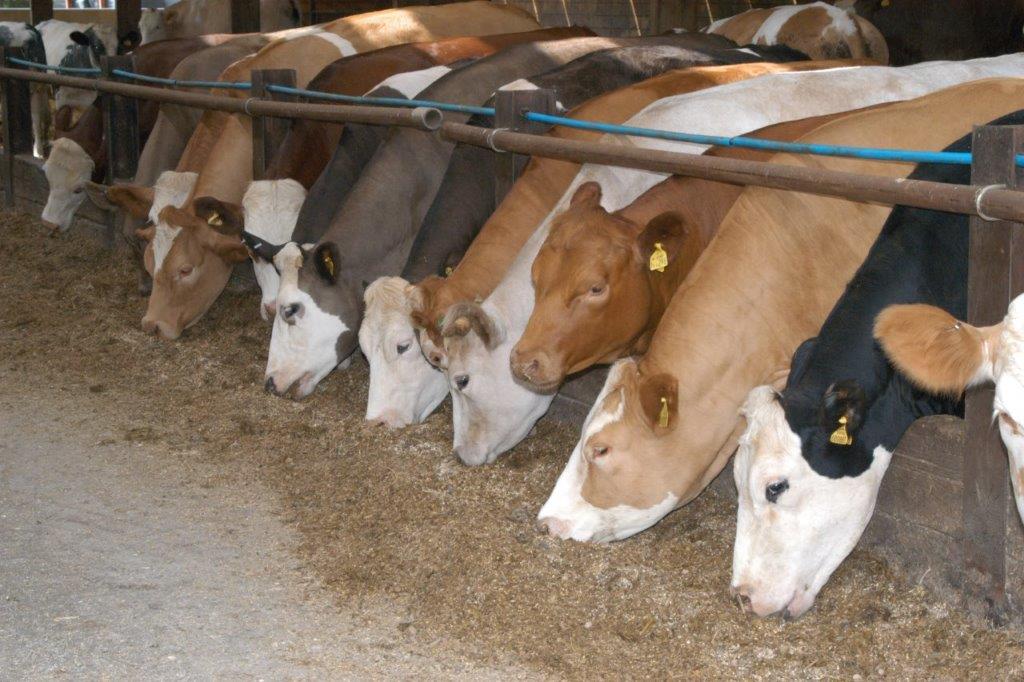
Minimising calving difficulties - During pregnancy
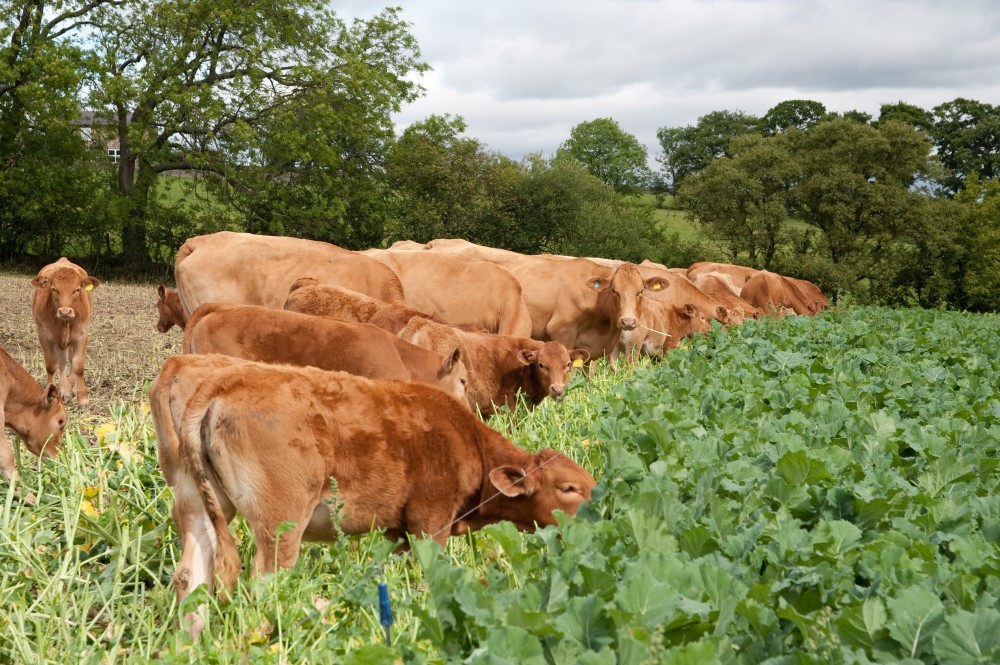
Maternal Matters: Post-calving herd management – knowing when to cull

Post-calving herd management
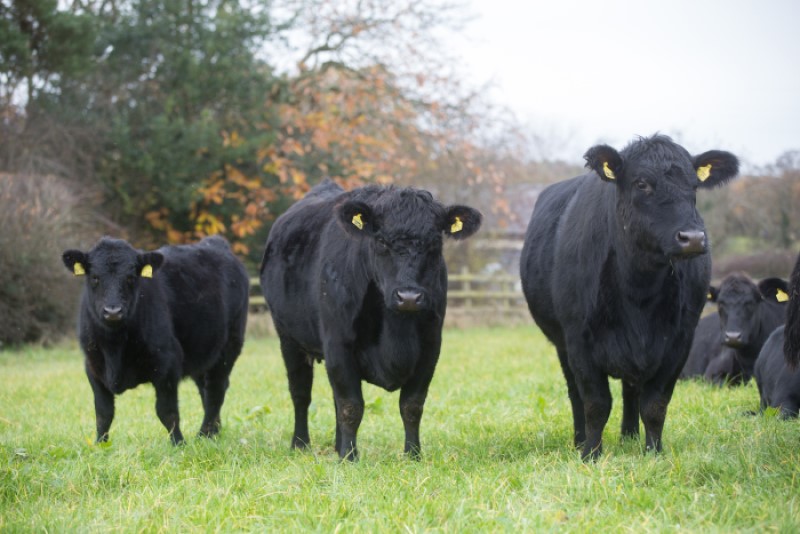
EBVs and indexes for suckler herds
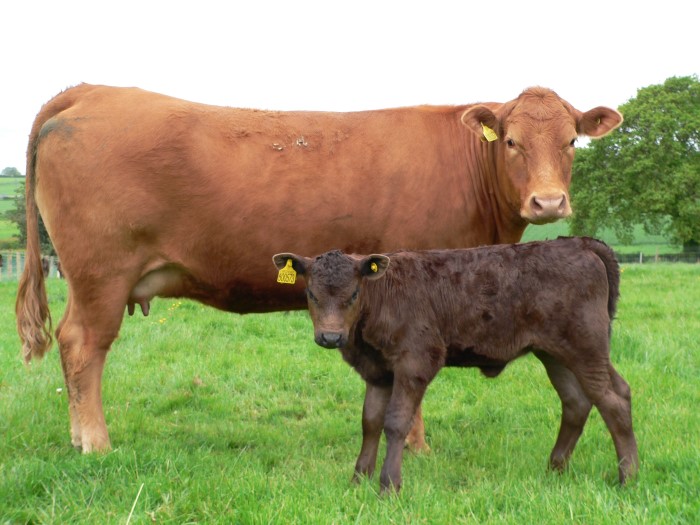
Selecting maternal traits
